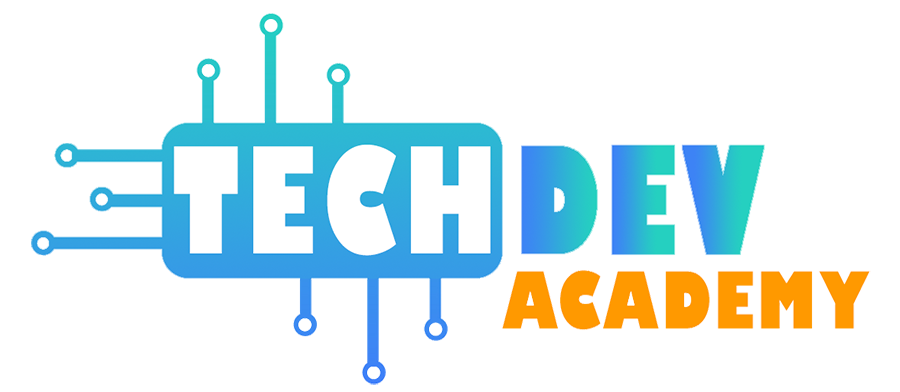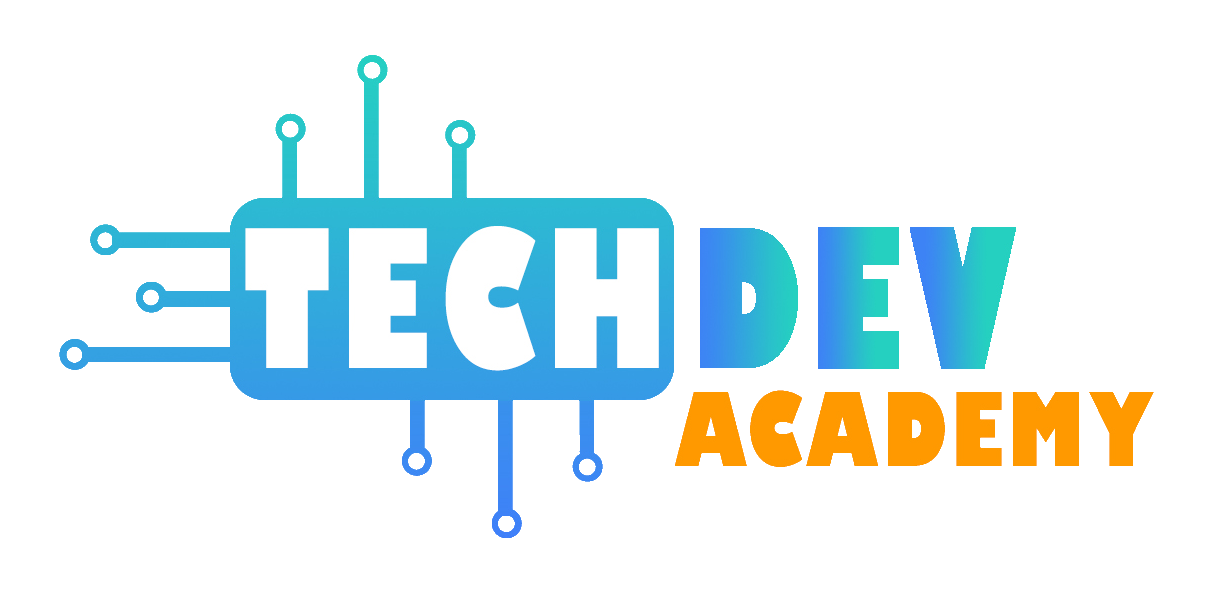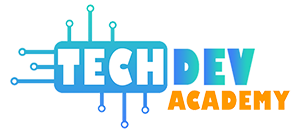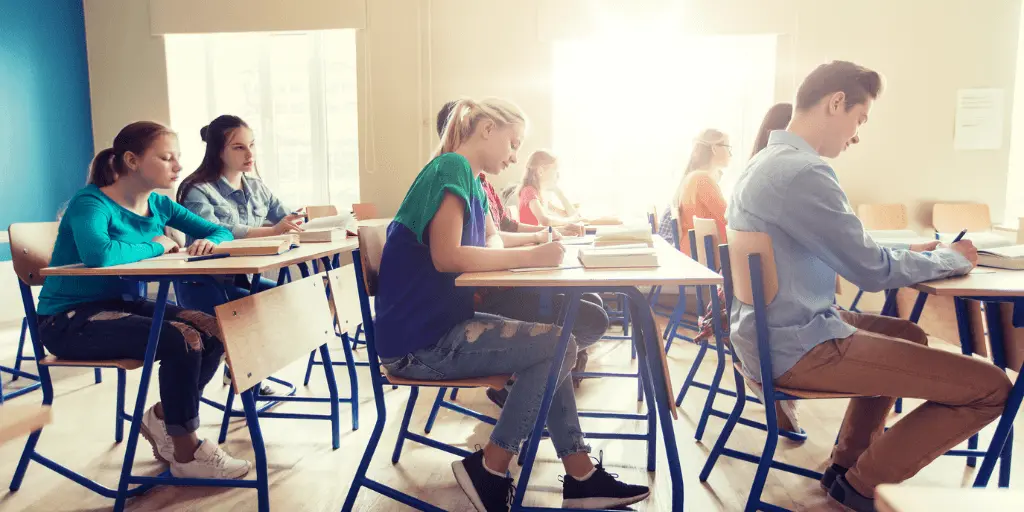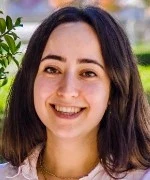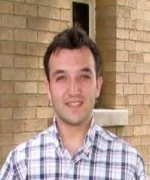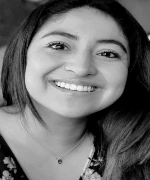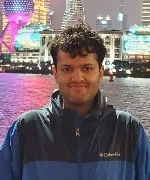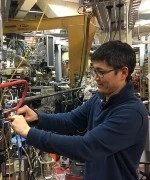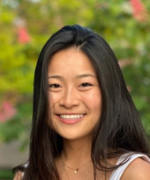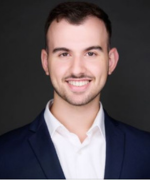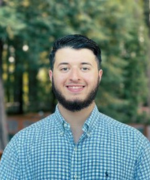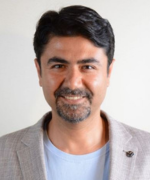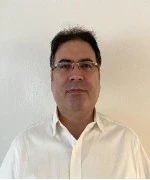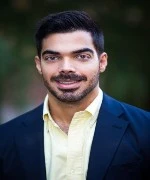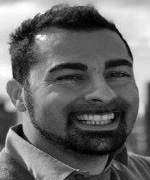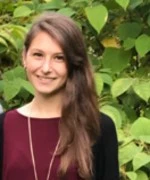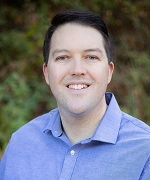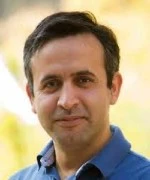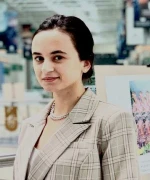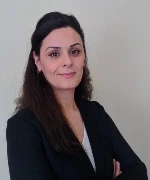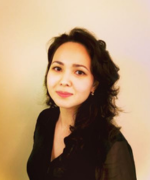What are AP Classes in High School?


If you are a high school student, you may have heard about AP classes and wondered what they are, how they can benefit you academically, and whether you should consider taking them.
High school can be a demanding time, with coursework, college entrance exam preparation, and extracurricular activities to manage. So why take a course that’s not mandatory? The proportion of American public high school graduates who took an AP Exam has been increasing from 30.1% of the class of 2012’s 947,808 students to 34.6% of American public high school graduates, or 1,166,311 students in the class of 2022 taking at least one AP exam.
If you need clarification about making any decision regarding AP classes, follow us with this blog post, where we elaborate on what AP classes are, their benefits, and which courses you should take. After reading this post, you will be equipped to make informed decision regarding AP classes.
What are AP classes in High School?
The Advanced Placement (AP) program is offered by the College Board. It introduces high school students to college-level coursework. These classes delve deeper into subject matter compared to regular high school courses, allowing students to enhance their skills and potentially gain college credits.
To complete an AP class, you will also need to pass an AP exam at the end of the course. AP exams are scored on a scale from 1 to 5. Any score above three is considered a passing score. However, some colleges only accept 4 or 5 scores for granting college credits.
Students can take the AP test and earn college credits even if they haven’t officially enrolled in an AP class or if their high school doesn’t offer AP classes in a respective subject.
Benefits of AP Classes
Engaging in college-level coursework through AP classes can offer numerous advantages for high schoolers. The benefits include:
- Demonstrating your academic abilities: Taking AP classes relevant to your career aspirations can showcase to the admission officers that you possess the necessary skills and readiness for higher education. Well-chosen AP courses can elevate your standing in the admissions process.
- Weighted GPA: Many high schools add extra weight to AP classes, potentially improving your grade point average (GPA). In some cases, receiving a B in an AP class may be more advantageous than earning an A in a regular class.
- College credit opportunities: Unlike high schools, colleges charge significant tuition fees, and AP classes can help you earn college credit at a fraction of the cost. Instead of paying the tuition fee for the class, students only pay the exam fee. By scoring well on AP exams, some students can even bypass the entire first-year fee.
- Scholarship potential: Accumulating college credits through AP classes can improve your chances of getting a scholarship. AP classes provide you with a competitive edge over those who don’t have college credits in earning scholarships.
- College readiness. AP classes prepare you for college. These courses are demanding and challenging. They improve your writing, critical thinking, and problem-solving skills. These courses cover extensive material, operated at an accelerated pace, and require more independent work skills, including research or analysis. By taking AP courses, you become accustomed to a more rigorous level of study, better preparing you for the transition from high school to college.
Are AP Classes Worth Taking?
While there is no doubt that AP classes offer several benefits, it’s crucial to strike a balance and avoid overextending yourself. Don’t sacrifice your academics, extracurricular activities, social life, and personal time to take extra college-level classes. College credits won’t help if your GPA falls below the adequate requirement.
Schedule proper time for your studies and relaxation, and then see how much time is left from your day to incorporate AP classes. Talk with your high school counselor about the course load of the AP classes you intend to take. Enroll in only those courses you can quickly get along with your high school studies and GPA.
Which AP Classes should you take?
Students can take AP classes in 38 areas, including English, maths, social science, languages, etc. Before deciding which classes to take, keep the following things in mind:
- Choose subjects you are genuinely interested in. Taking these classes and preparing for the test would be much easier if you are genuinely interested in the topic.
- Start small and gradually increase your course load. Begin with one or two AP classes in your freshman year, then gradually add more in the following years based on your experience and feasibility.
- Consider prerequisites and less demanding options. Some AP classes, like AP English and AP Calculus, may have prerequisites that students typically fulfill in their junior or senior year. In the early years, students often opt for less demanding AP classes like AP psychology.
When it comes to difficulty and pass rates, some AP classes tend to have higher pass rates and perfect score percentages. For example Chinese, Japanese, and Spanish. On the other hand, AP tests with lower pass rates include English literature, human geography, statistics, etc. Here is a suggested approach:
- Freshman year: Take one or two AP classes in less demanding subjects.
- Sophomore year: Add a more challenging AP class, such as world history.
- Junior year: consider taking more AP classes in core subjects like AP Biology, AP English, etc.
- Senior year: Take as many college classes in core subjects and additional subjects as possible without hurting your high school GPA or SAT/ACT studies.
How Many AP Classes Should You Take?
Colleges do consider the number of AP classes while assessing the applications. The more competitive the college, the more AP classes they look for. The number of AP classes ultimately depends upon which college you want to be admitted to.
Here are some guidelines:
For highly selective and competitive schools take AP classes in all your core subjects (History, Mathematics, English, Science, and Foreign Language) plus extra APs in courses relevant to your intended majors. Aim for up to 12 AP classes for admission to these colleges.
For slightly less selective schools: Choose AP classes in some of your core subjects and additional courses related to your desired field of study.
For less selective schools: Taking AP classes in some core subjects or additional subjects is enough. Up to 5 AP classes will do the job for you. (Edwards 2020)
AP Courses Alternative
Running Start is an AP alternative program that started in Washington and is now available in several other states. It enables high schoolers in their junior or senior year to take college-level courses through various local community colleges. By participating in Running Start, students earn credits for both high school graduation and college.
Conclusion
AP program enables high school students to take college-level classes and earn college credits. These chances increase your likelihood of admission, scholarship opportunities, and better preparation for college. However, it’s important to ensure that these classes don’t negatively impact your GPA, social life, and overall well-being. Start with one or two classes and gradually increase your course load as your schedule allows.
